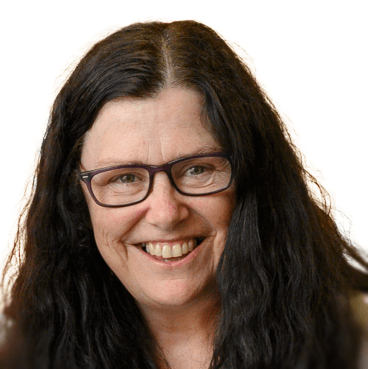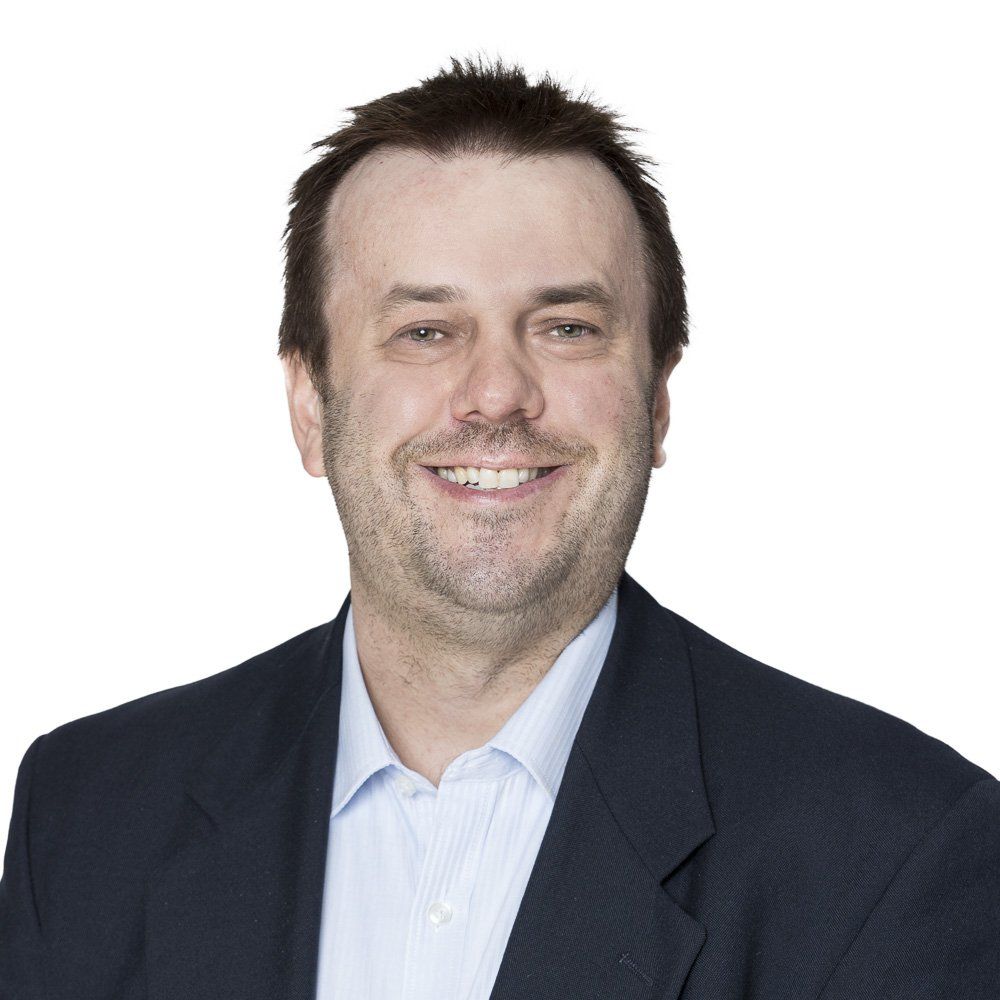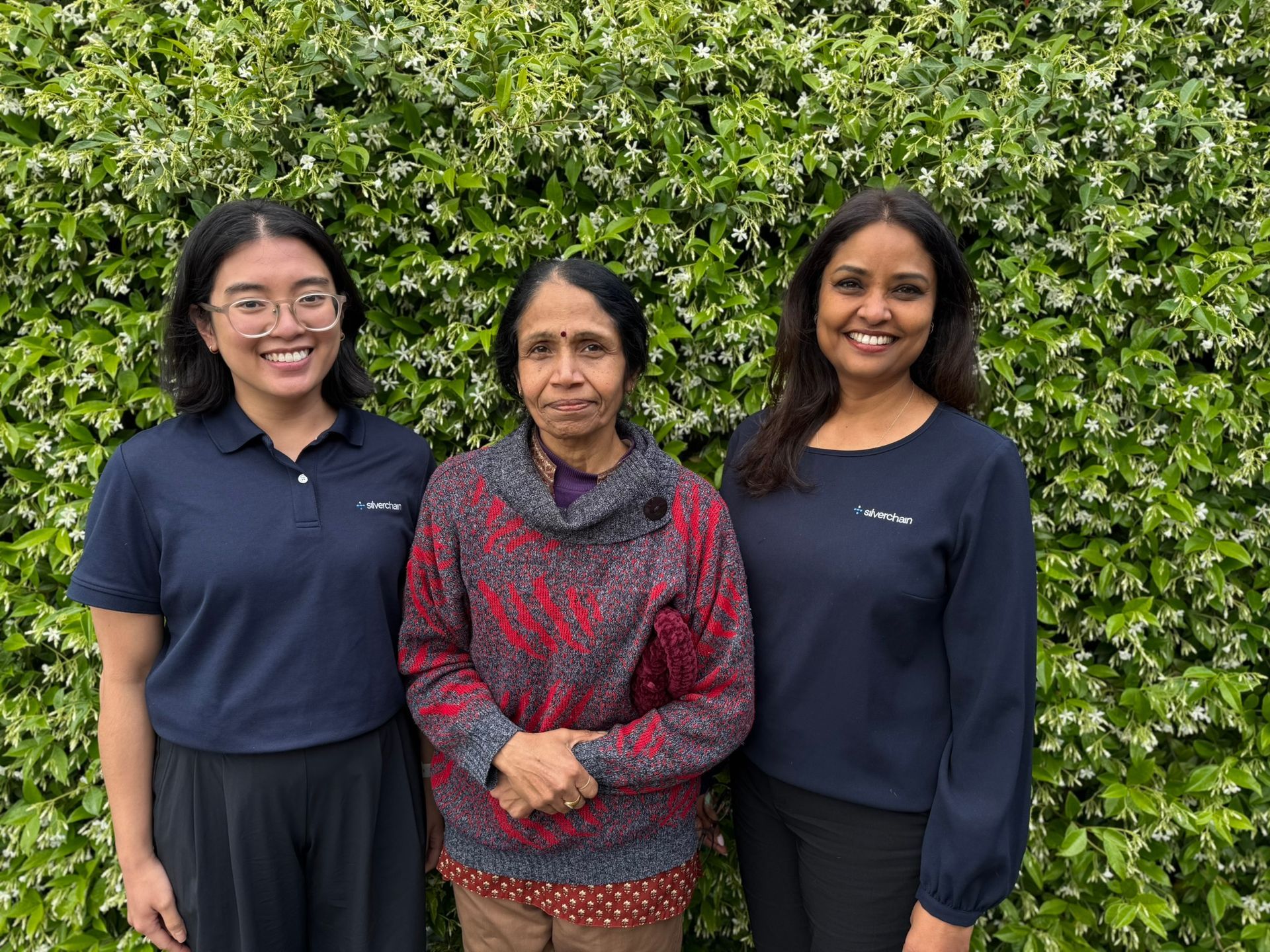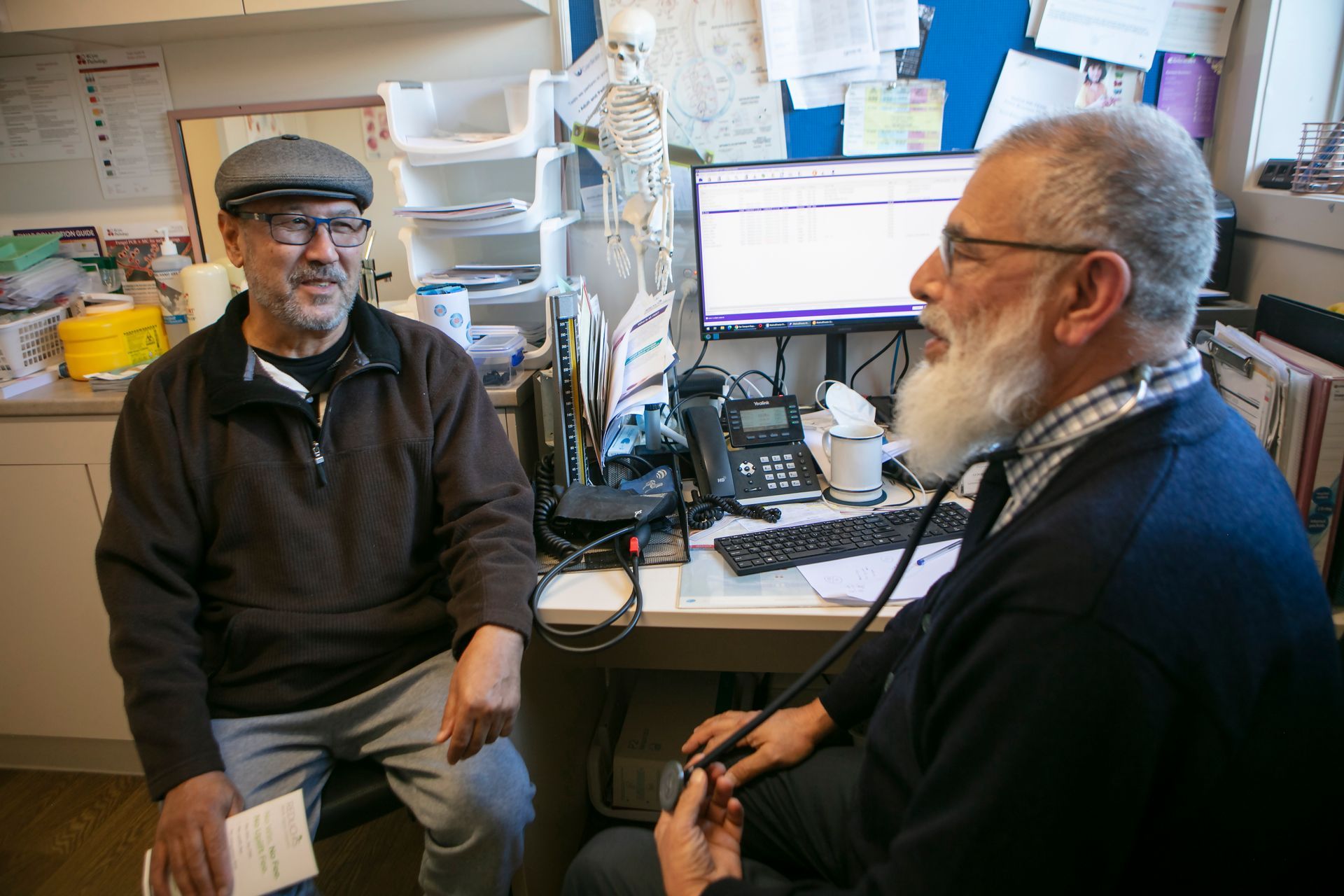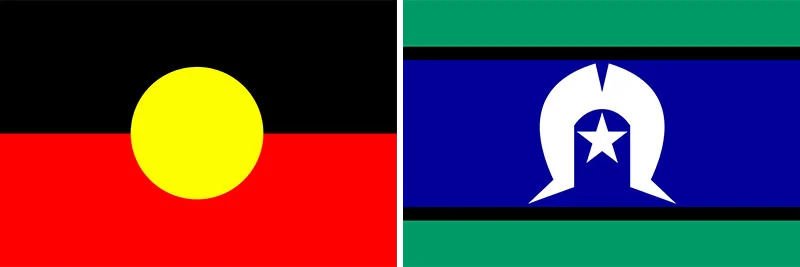National Reconciliation Week 2022
Home / News & Opportunities / Latest news / Current post
As individuals and as an organisation we must take the time to not only hear,
but to really listen to our community.
South Eastern Melbourne PHN acknowledges the Wurrundjeri and the Boon Wurrung peoples, the traditional custodians of the land and waterways our catchment covers. We pay our respect to their cultures, their Elders past, present and future,
and continue to uphold their ongoing relationship to the land.
We respect the Traditional Custodians of the land on which we serve and take a moment to reflect, regroup and to listen to the needs of the First Nations people within south east Melbourne.
Our Clinical and Community Council was established with the purpose of informing the Board with further insights into primary health needs including strategies to promote integrated, cohesive, mindful and culturally appropriate health outcomes and care for priority areas and groups within south east Melbourne.
National Reconciliation Week gives us an opportunity to reflect and learn from our shared histories, cultures, achievements and to explore how each of us individually and collectively as an organisation can contribute to achieving reconciliation in Australia.
Reconciliation Week commences on 27 May (1967), marked by Australia’s most successful referendum that gave the Australian Government power to make laws for Aboriginal and Torres Strait Islander people and recognise them in the Census. The week concludes on 3 June (1992), the day the Australian High Court delivered the Mabo decision, the culmination of Eddie Koiki Mabo’s challenge to the legal fiction of ‘terra nullius’ (land belonging to no one) and leading to the legal recognition of Aboriginal and Torres Strait Islander peoples as the Traditional Owners and Custodians of lands. This decision paved the way for Native Title.
We look to these dates and draw inspiration for the future and ways we can keep the conversation of reconciliation active, not only for the week, but in everything we do.

This year's theme is “Be Brave. Make Change.” it is a challenge to all Australians - individuals, families, communities, organisations and government - to Be Brave and tackle the unfinished business of reconciliation so we can Make Change for the benefit of all Australians. We need to constantly ‘Be Brave’ and find new ways to ‘Make Change’.
We are honoured to have two members of our Clinical and Community Council who identify as First Nations people.
Leading up to Reconciliation Week we’ve called upon Brenda and Luke’s knowledge, insights and personal perspective to understand how we can better align to this year’s theme of “Be Brave. Make Change.”
We asked both Brenda and Luke a few questions based around this year’s theme.
We are working towards a future that ensures the accessibility of health care for First Nations people who face a vast array of additional barriers including experiences of discrimination and racism.
We will be brave and continue these conversations and hold not only ourselves, but our partners, stakeholders and providers accountable and continue these conversations well into the future. Together, we will continue to improve the provision of culturally appropriate care within or catchment.

